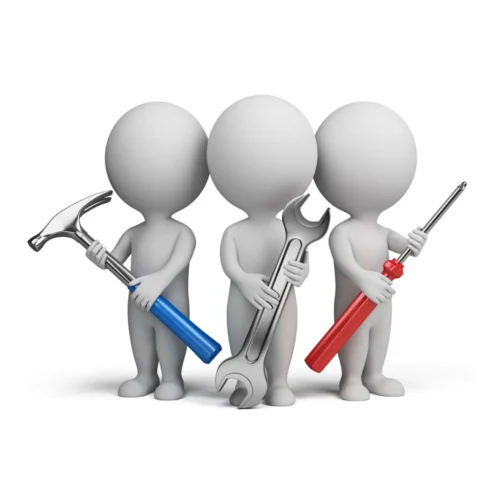Specialize in setting up, assembling, or integrating medical equipment and in providing maintenance or repair services
Contractors for installation/service
- Home
- Contractors for installation/service
Certainly! Specializing in setting up, assembling, integrating, and providing maintenance or repair services for medical equipment is a valuable skill set. Here are some key points you might want to consider or include in your specialization:
- Equipment Setup and Installation:
- Proficient in the setup and installation of various medical equipment, ensuring proper functionality and adherence to safety standards.
- Experience with assembling and configuring equipment such as diagnostic machines, surgical tools, imaging devices, and patient monitoring systems.
- Integration Expertise:
- Skilled in integrating different medical devices and systems to work seamlessly together, facilitating efficient workflow in healthcare settings.
- Knowledge of interoperability standards and protocols in the medical field.
- Preventive Maintenance:
- Expertise in developing and implementing preventive maintenance schedules to ensure the longevity and optimal performance of medical equipment.
- Conduct routine inspections and tests to identify potential issues before they lead to equipment failure.
- Diagnostic and Repairs:
- Proficient in diagnosing malfunctions and defects in medical equipment.
- Skilled in performing necessary repairs and replacements to restore equipment to its proper working condition promptly.
- Compliance and Regulations:
- Stay updated on industry regulations, standards, and compliance requirements related to medical equipment and ensure adherence to them in all services provided.
- Training and Support:
- Offer training sessions to medical staff on the proper use, care, and basic troubleshooting of the equipment.
- Provide ongoing support and guidance to healthcare professionals regarding equipment usage and maintenance.
- Documentation and Reporting:
- Maintain detailed records of equipment installations, maintenance activities, and repairs performed.
- Generate reports on equipment status, issues identified, and resolutions provided.
- Customer Service:
- Demonstrate excellent communication and interpersonal skills in dealing with healthcare professionals and staff.
- Ensure a high level of customer satisfaction by addressing concerns and inquiries promptly and professionally.
- Technology Trends:
- Stay informed about the latest advancements in medical equipment technology and incorporate relevant updates or improvements in the services offered.
- Collaboration:
- Collaborate with healthcare facilities, manufacturers, and other stakeholders to optimize equipment performance and address emerging challenges.
By emphasizing these aspects, you can position yourself as a specialist who not only sets up and assembles medical equipment but also provides comprehensive solutions for maintenance and repair, contributing to the smooth operation of healthcare facilities.

